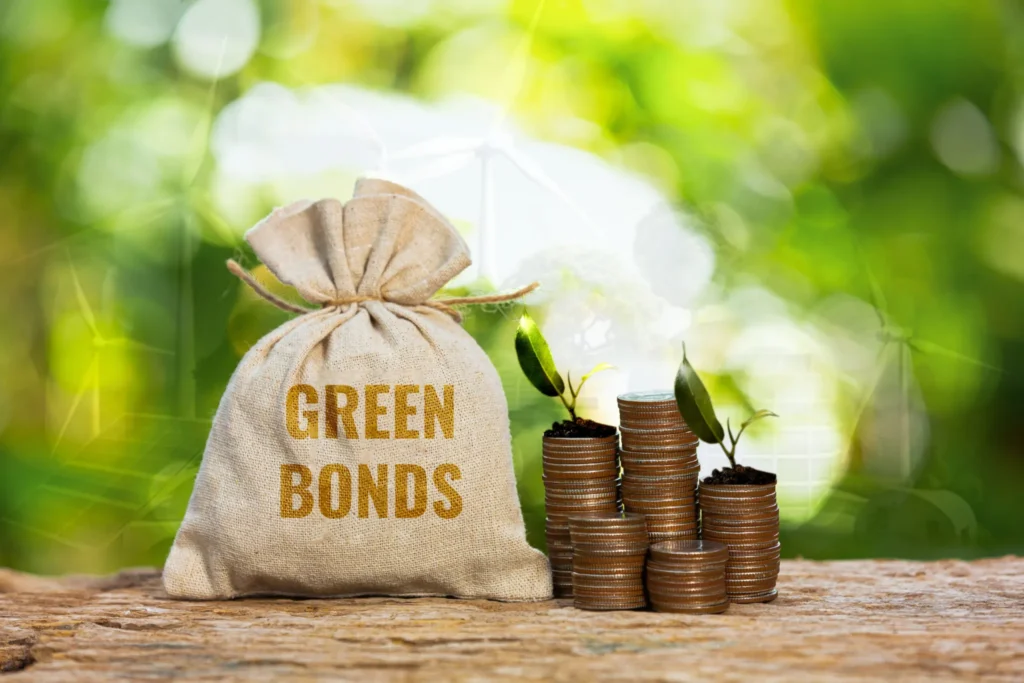Nigeria has recorded a major milestone in sustainable finance, following the successful conclusion of its third sovereign green bond issuance, which was oversubscribed by an impressive 183%. This enthusiastic response from investors led to a total raise of ₦91.42 billion, far surpassing the initial offer size of ₦50 billion. The overwhelming subscription demonstrates growing confidence in the country’s commitment to environmental sustainability and climate-resilient development.
This achievement marks another crucial step in Nigeria’s transition toward a green economy. It also reinforces the country’s reputation as a leader in green financing on the African continent. The green bond initiative, launched by the federal government in collaboration with the Debt Management Office (DMO), aims to support projects that combat climate change, reduce carbon emissions, and promote energy efficiency, renewable energy, and climate-resilient agriculture.
Government Commitment to Climate Goals
The issuance aligns closely with Nigeria’s environmental objectives outlined in its Nationally Determined Contributions (NDCs) under the Paris Agreement. The funds raised through the bond will be channeled into projects that directly contribute to carbon emission reduction and environmental protection. These include solar energy expansion, afforestation, transportation electrification, flood control systems, and eco-friendly agricultural practices.
According to the DMO, the green bond has received strong backing from both local and foreign investors, including pension funds, insurance firms, asset managers, and ethical investors interested in green projects. The overwhelming demand reflects a heightened awareness of climate-related risks and opportunities in Nigeria’s financial markets.

Breakdown of the Offer
The ₦50 billion bond, with a 10-year tenor and a fixed interest rate of 14.5%, was issued under the Federal Government’s Green Bond Issuance Program. The issuance is part of a broader financing framework for Nigeria’s green development ambitions, with several tranches expected in the coming years to support infrastructure and sustainability projects.
Following the oversubscription, the final allotment saw the government raise ₦91.42 billion — nearly doubling the original target. The successful pricing and strong investor appetite are expected to pave the way for future sovereign and subnational green bond issuances in the country.
Building on Past Successes
Nigeria issued its first sovereign green bond in December 2017, raising ₦10.69 billion to support climate-friendly projects. That issuance marked the first of its kind in Africa and set a precedent for green financing in developing markets. A second green bond followed in 2019, raising ₦15 billion. The current ₦91.42 billion issue represents a significant leap in both size and investor confidence, reinforcing Nigeria’s position at the forefront of green finance on the continent.
This third issuance also benefits from lessons learned from the previous bonds, including improved project selection, better monitoring and evaluation mechanisms, and enhanced stakeholder engagement. These factors contributed to stronger investor assurance and a better understanding of the bond’s environmental impact.
Green Bonds: A Tool for Development and Sustainability
Globally, green bonds have become a vital financial instrument for countries and corporations aiming to balance economic development with environmental stewardship. They offer a clear path for mobilizing private capital toward climate-positive initiatives while ensuring accountability and transparency through regular impact reports.
For Nigeria, green bonds represent more than just funding tools — they are a strategic mechanism to align development goals with international environmental commitments. By adopting green bonds, the country not only raises capital but also sends a strong signal to the global community about its dedication to climate action.
The benefits go beyond environmental protection. Green projects typically lead to job creation, infrastructure development, and improved public health. For instance, investments in solar mini-grids and clean transport reduce reliance on fossil fuels and decrease air pollution, leading to better health outcomes in urban and rural areas.
Investor Sentiment and Market Implications
The high oversubscription rate is a strong indicator of the deepening of Nigeria’s capital market. It shows that investors are becoming more sophisticated and are actively seeking assets that offer not just financial returns but also social and environmental benefits.
Market analysts have noted that this surge in investor interest also reflects the growing global shift toward Environmental, Social, and Governance (ESG) investment principles. Nigerian financial institutions are increasingly integrating ESG metrics into their risk assessments and portfolio strategies, thereby encouraging issuers to develop more responsible financial instruments.
This trend is likely to continue, especially as climate change and sustainability become central themes in global finance. Nigeria’s successful green bond issuance could therefore serve as a template for other African nations to explore sustainable debt instruments.
Future Outlook: Scaling Up Green Investments
With this success, the Nigerian government is expected to continue leveraging green bonds as a viable financing option for its low-carbon transition plans. Upcoming tranches may target even broader sectors such as waste management, water conservation, electric mobility, and climate-smart agriculture.
Moreover, the federal government is exploring ways to decentralize green financing by encouraging state governments and private sector actors to issue their own green bonds. This decentralized approach would expand the reach and impact of green investments across various levels of the economy.
Experts suggest that sustained government commitment, regulatory clarity, and improved investor education will be crucial to deepening the green bond market. Institutions like the DMO and the Ministry of Environment are already working on updating the green bond framework to reflect international best practices.
Conclusion
Nigeria’s recent green bond issuance marks a remarkable achievement in its journey toward sustainable development. With ₦91.42 billion raised and a 183% oversubscription rate, the bond sends a powerful message of investor trust in the country’s green future.
As the nation strengthens its environmental and economic resilience, green bonds will remain a cornerstone of its strategy to attract long-term capital, foster inclusive growth, and meet global climate targets. The success of this issuance signals a new chapter in climate finance — one that Nigeria appears ready to lead.






